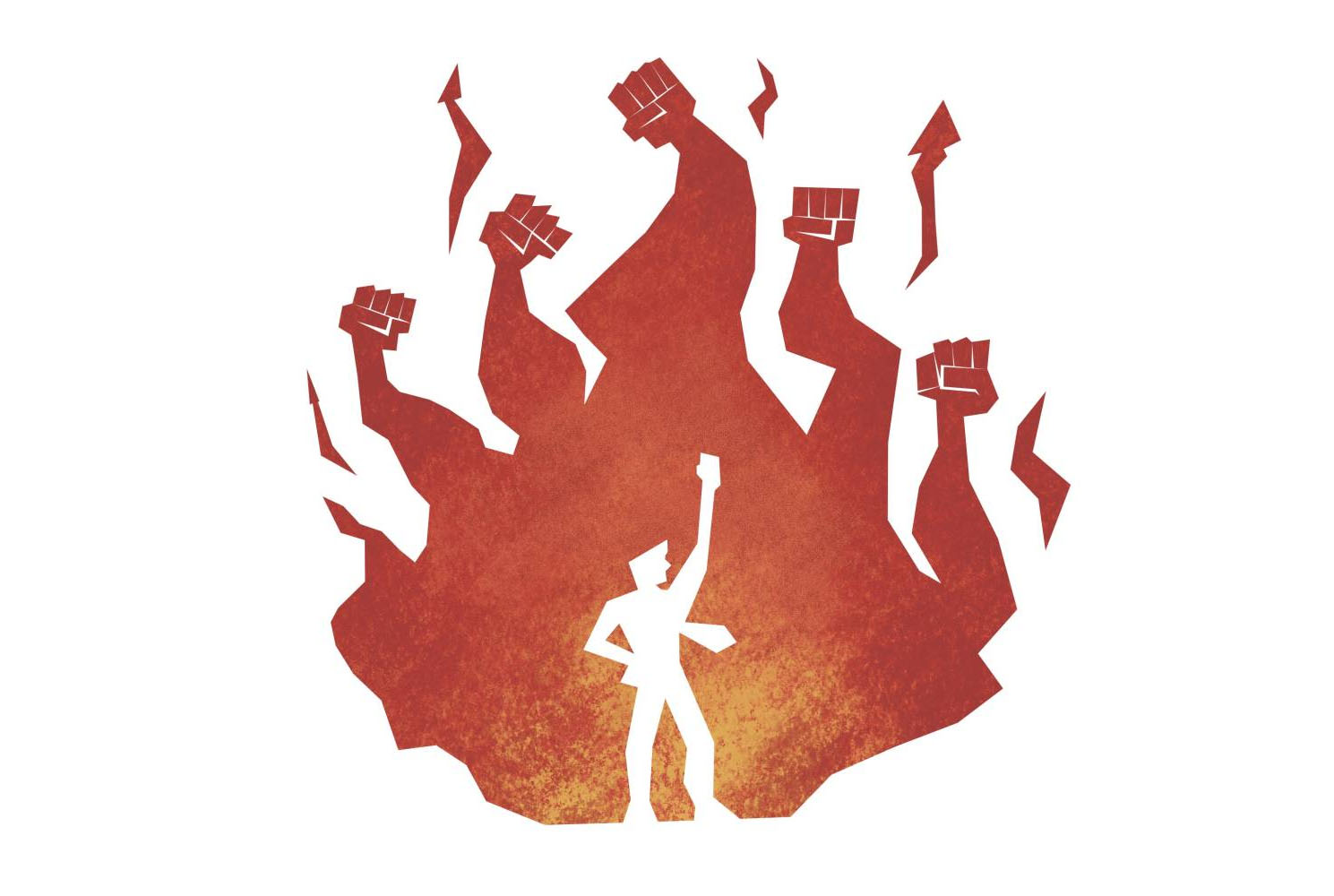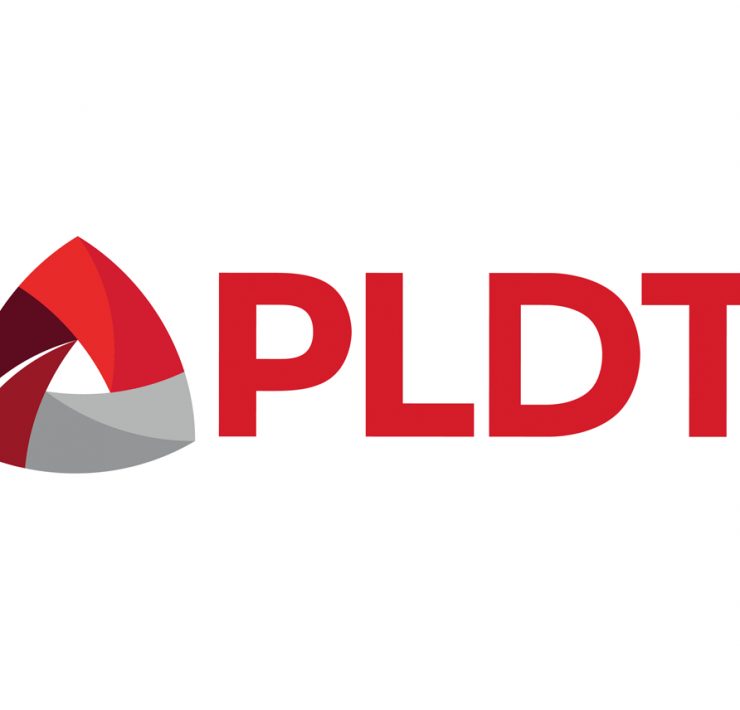What startup founders can learn from protest organizers: REVOLT

If you’ve been watching the Philippines recently, you must have noticed two powerful forces rising in parallel: civic protests demanding change and startups pushing for innovation. One speaks the language of activism, the other of disruption.
But at their core, both are movements fueled by belief, powered by people and born from frustration with the status quo.
I recently joined the Sept. 21 EDSA rally. Beyond the chants and placards, I saw something striking: organized chaos. Vendors selling water. Volunteers manning senior stations. First aid tents. No single leader in charge, yet everything moved.
It was coordinated without command.
It reminded me of something many founders overlook: real movements don’t need control; they need more of conviction.
To move people, startups must go beyond product and profit. They must instead organize around belief, identity and change.
We often tell founders to lead like CEOs: structured, process-driven, polished. But in reality, the better model might be the protest organizer: someone who builds without permission, mobilizes without authority, and leads through shared purpose.
Because startups, especially in places like ours, aren’t just companies. They are acts of revolt, challenging what is and imagining what could be.
Here’s a framework for founders who want to build not just a product, but a movement: REVOLT.
R: Rally with meaning
Startups begin with a pitch. Movements begin with purpose.
On Edsa, people didn’t show up for policy points. They came because the cause meant something: freedom, justice, dignity.
It was simple, emotional and powerful.
Your startup needs that same clarity. What are you rebelling against? What future are you building?
Features matter, but belief moves people faster. And when your mission is emotionally resonant, you attract not just users; you attract allies.
E: Empower without permission
Movements don’t scale through hierarchy. They thrive through initiative.
At the rally, no one was managing logistics from a control tower; yet everything functioned. It worked because people felt empowered to act.
Startups often stall because founders try to control every detail. But real momentum comes when others feel trusted to lead, contribute and create.
Design systems that invite participation. Ownership isn’t given, it’s made possible.
V: Value belonging over features
People don’t join protests for convenience. They show up because they feel part of something bigger.
Likewise, customers don’t just want utility. They want connection, identity and meaning.
In the Philippines, relationships are sticky. We buy from those we trust. We support brands that reflect who we are.
Your product can be good, but your community makes it defensible.
Create rituals. Build language. Make your users feel like insiders, not just buyers.
O: Outsmart, don’t outspend
Movements don’t win because they are well-funded. They win because they are fast, strategic and clear on where to strike.
Startups shouldn’t try to match incumbents peso-for-peso.
Instead, look for what they can’t see: neglected segments, hidden pain points, outdated assumptions.
Lean into diskarte, or the creative problem-solving instinct that Filipinos have honed over decades of doing more with less.
You don’t need more budget. You just need sharper insight.
L: Lead through symbols
Symbols make belief visible.
A white shirt. A clenched fist. A yellow ribbon.
These aren’t just visuals; they are shorthand for shared values. They say, “We’re part of the same fight.”
Your startup should speak the same visual and emotional language. A logo, an icon, even the way your product looks or sounds, all become signals of who belongs.
Symbols compress complexity into identity. They don’t just sell. They unify.
T: Thrive in uncertainty
Protest organizers don’t just prepare for success. They prepare for resistance: rain, confusion, misinformation, pushback. They print legal hotlines on arms and train volunteers for chaos.
Startups must expect the same. Your app will break. Your cofounder might leave. The market might flip overnight.
Hope isn’t a strategy. Resilience is the plan.
Build scenarios. Have contingency plans. Communicate early and clearly. Protect your team. Keep your mission steady even when the ground shifts.
REVOLT: More than a framework
It’s a mindset and a manifesto for founders who dare to think differently.
Startups in emerging markets aren’t just chasing valuations. They’re fixing broken industries, reaching overlooked communities and offering alternatives where there are none.
In that sense, every founder is a kind of organizer. You’re not just launching a product; you’re rallying people to believe in something new.
REVOLT helps you lead with heart. But belief alone isn’t bullet-proof. Startups are messy. Things break. People burn out. Good intentions clash.
That’s why conviction needs a risk mitigation structure—not to control, but to protect. Build simple systems. Plan for chaos. Keep your core steady, especially when everything around you shifts.
Because if what you’re building really matters, it’s worth keeping it standing when the storm hits.
So don’t just start up. Don’t just scale.
Organize. Reimagine. REVOLT.
Josiah Go is chair and chief innovation strategist of Mansmith and Fielders Inc. He is also cofounder of the Mansmith Innovation Awards. To ask Mansmith Innovation team to help challenge assumptions in your industries, email info@mansmith.net.





















